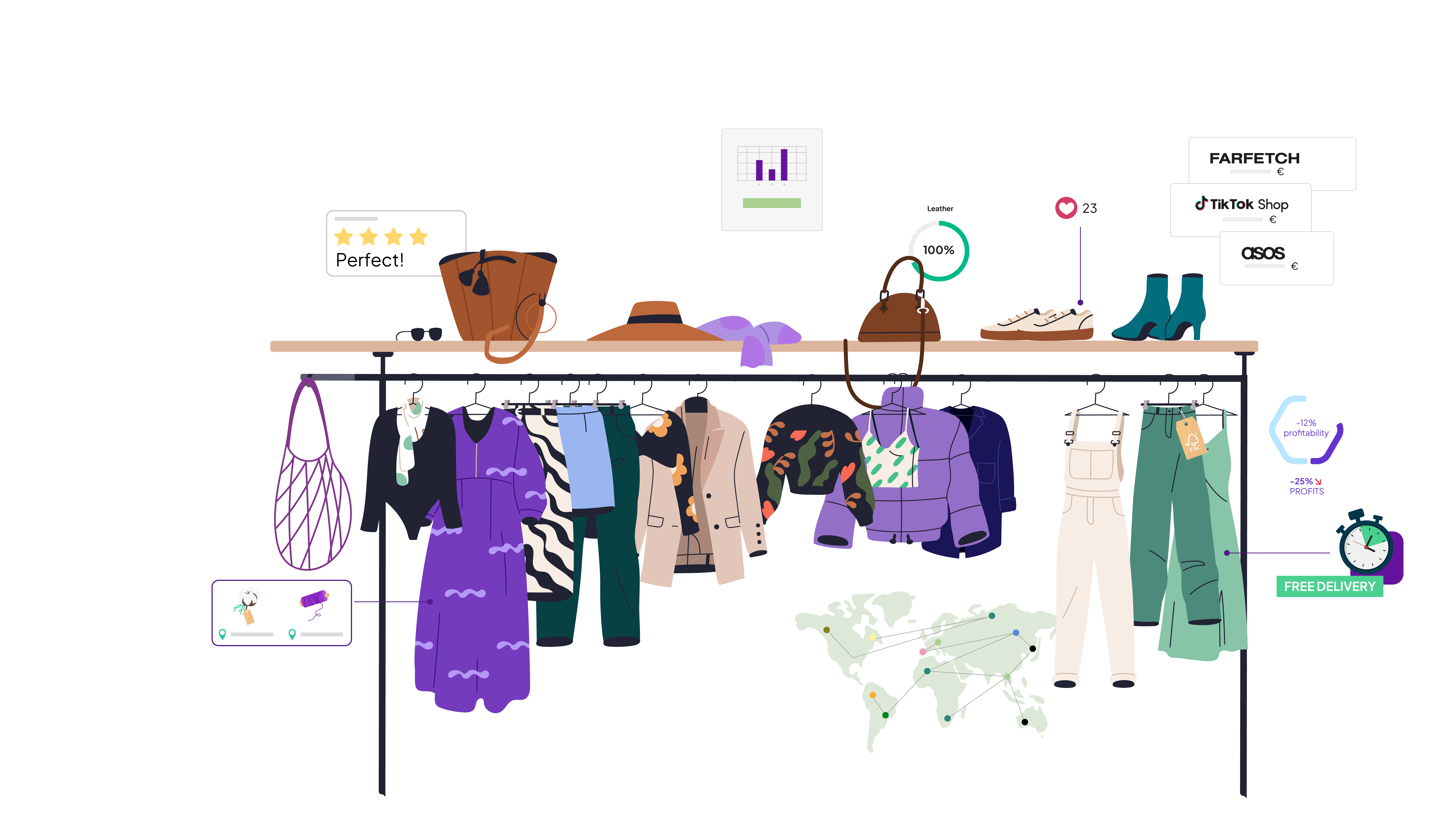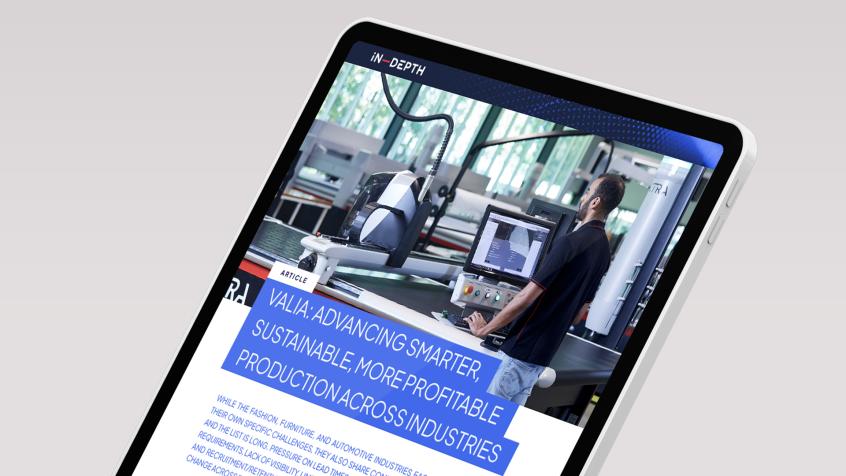Breaking down barriers in fashion
Lectra empowers fashion companies to move beyond siloed systems by connecting data, teams, and workflows with a solution range that covers the entire value chain.

How siloed systems create setbacks
Many fashion companies still rely on disconnected systems across creation, manufacturing, and marketing. 
These departments often operate independently, using different tools and working from separate data sources. As a result, teams struggle to align on priorities or respond quickly to changes in the market.
A product may be designed without consideration for manufacturing constraints. A campaign may promote items that are unavailable or delayed.
These gaps create inefficiencies, increase the risk of overstock or missed sales, and ultimately impact the customer experience.
The value of integrated data flows
When data flows seamlessly across departments, teams can collaborate in real time, make faster decisions, and align more closely with business goals. It also reduces the risk of errors and delays by ensuring that everyone is working from the same, up-to-date information.
This connected approach supports better planning, more accurate forecasting, and faster response to consumer trends. With a unified view of operations, brands can reduce waste, improve product availability, and deliver a more consistent experience across channels.

Lectra in Fashion value chain
Lectra’s integrated solutions are built around five key pillars that reflect the full scope of the fashion value chain:
- Create
- Manufacture
- Market
- Collaboration
- Traceability
Lectra’s solutions support each pillar individually while also enabling seamless collaboration between them.
By linking creation, manufacturing, and marketing through shared data and synchronized workflows, Lectra helps brands operate more efficiently and respond more effectively to market demands.
Download the article
The end of siloed fashion
Read the white paper
Meeting the moment

Latest resources









